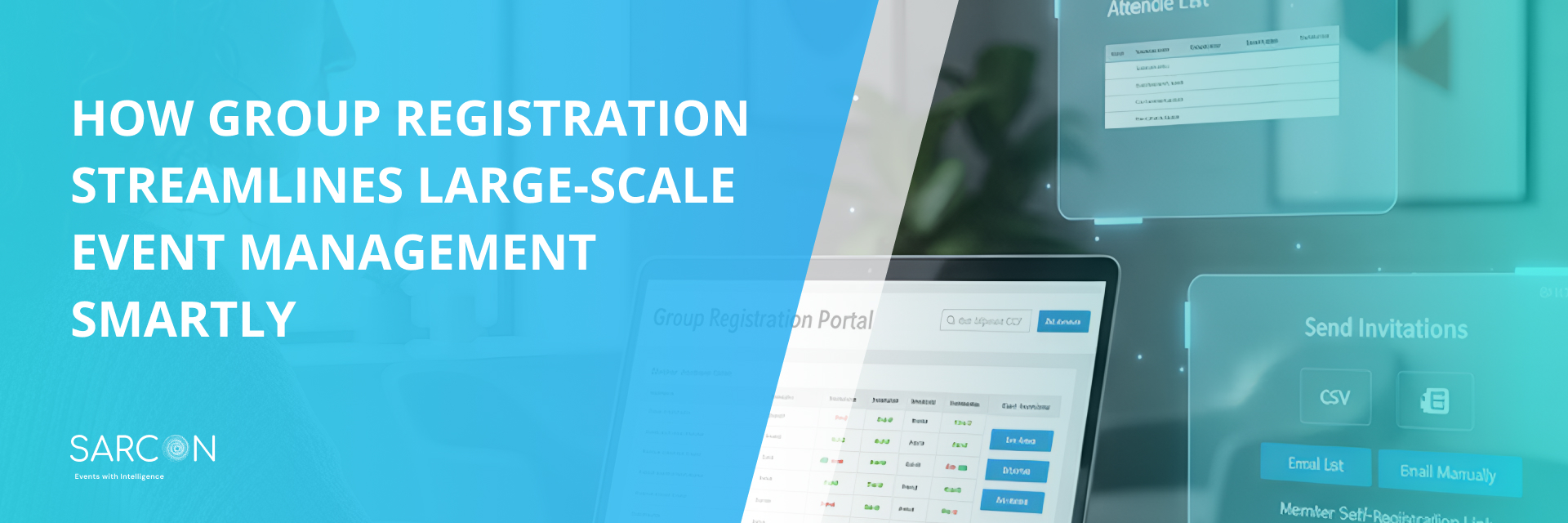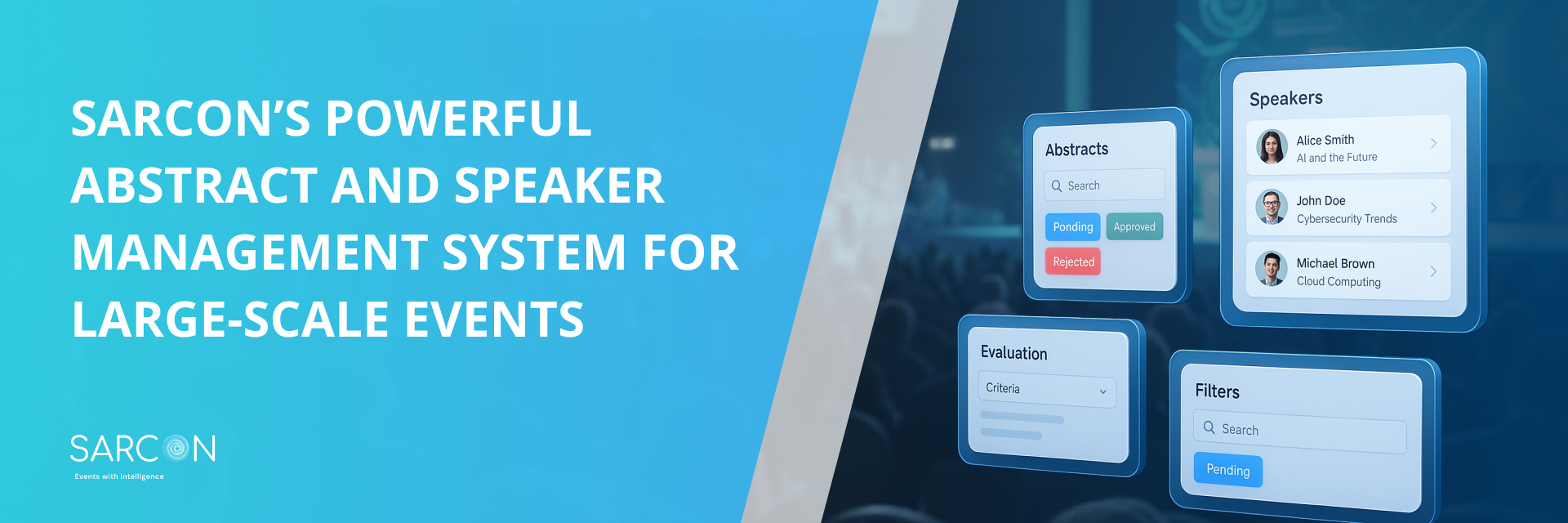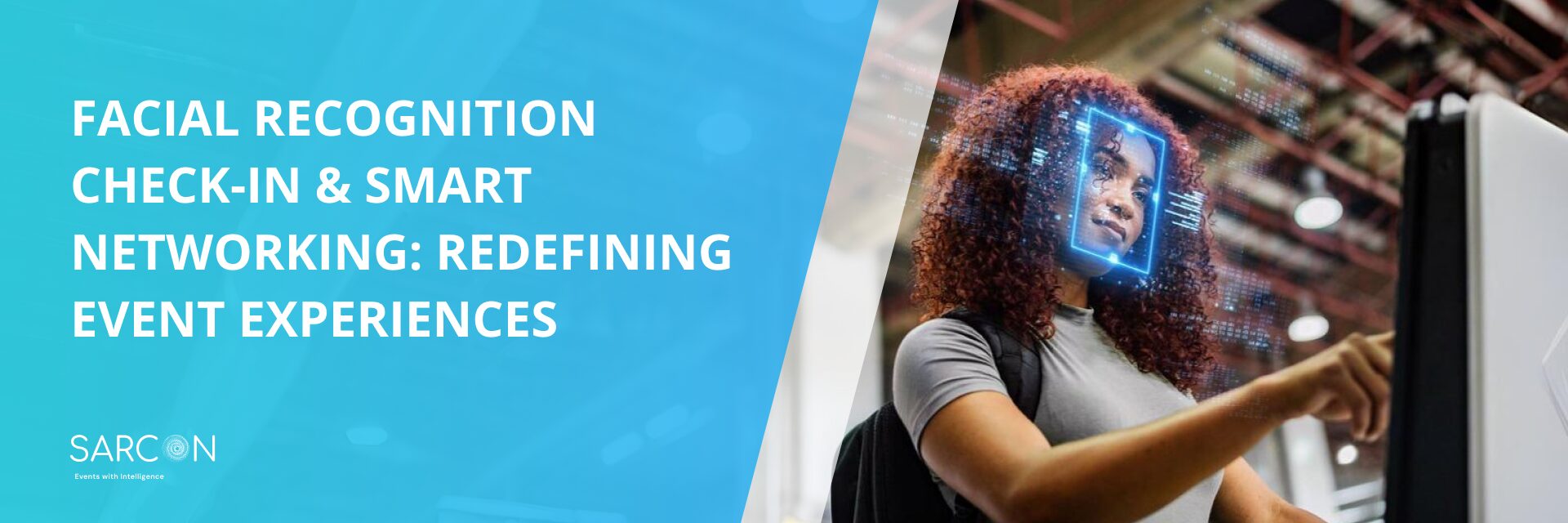Event planning is an art that involves meticulous preparation, creativity, and attention to detail. As an event planner, one of the most important aspects to consider is inclusivity. Inclusive Event Design is the practice of creating events that welcome and accommodate individuals of all abilities, backgrounds, and preferences. In this comprehensive guide, we will delve into the world of inclusive event design, offering expert insights and actionable tips to help event planners organize accessible events. From understanding the importance of accessibility to implementing practical strategies, this guide will equip you with the knowledge and tools to create truly inclusive events.
What is Inclusive Event Design?
Inclusive event design refers to the intentional planning and execution of events that consider the diverse needs of all attendees, regardless of their physical, sensory, or cognitive abilities. The goal is to create an environment where everyone feels welcomed, accommodated, and valued. This approach not only promotes inclusivity but also fosters a sense of belonging and empowerment among attendees.
Understanding the Impact of Inclusive Events
Events have the power to bring people together, inspire, and create lasting memories. However, when certain individuals feel excluded due to accessibility barriers, it diminishes the overall experience and can even result in attendees opting out of future events. By embracing inclusive event design, you can positively impact the lives of attendees and enhance their overall satisfaction.
The Legal and Ethical Imperative
Ensuring accessibility in events is not just a moral responsibility; it is often a legal one as well. Many countries have laws and regulations that mandate equal access to public events for people with disabilities. Understanding and complying with these laws is essential for event planners to avoid potential legal issues and create a truly inclusive environment.
Key Elements of Inclusive Event Design
To create accessible events, consider incorporating the following elements into your planning:
-
Venue Selection and Setup
Choosing an accessible venue is the foundation of inclusive event design. Ensure that the venue is wheelchair-friendly, has accessible parking, ramps, and elevators, and offers seating options for attendees with mobility challenges. Proper signage and clear pathways can also enhance accessibility.
-
Communication and Information
Provide event information in various formats, including braille, large print, and electronic formats. Utilize accessible technology, such as hearing loops and sign language interpreters, to facilitate communication for attendees with hearing impairments.
-
Accommodation for Different Abilities
Recognize the diverse needs of attendees and provide accommodations accordingly. This may include providing assistive devices, quiet spaces for sensory sensitivities, and accessible restrooms.
-
Inclusive Programming
Design event programs that cater to a wide range of interests and abilities. Incorporate diverse speakers and performers and offer interactive activities that engage all attendees.
-
Staff Training
Train event staff and volunteers on disability etiquette and inclusive practices. A knowledgeable and empathetic team can make a significant difference in creating a welcoming atmosphere.
-
Digital Accessibility
Ensure that your event website and online registration process are accessible to individuals with disabilities. Use alt-text for images, provide closed captioning for videos, and design a user-friendly interface.
-
Emergency Preparedness
Develop an emergency plan that takes into account the needs of all attendees, including those with disabilities. Communicate the plan clearly and have trained staff available to assist if necessary.
Tips for Implementing Inclusive Event Design
-
Collaborate with Accessibility Experts
Inclusive event design is a multidimensional task that requires expertise and understanding of diverse needs. Collaborating with accessibility experts and individuals with disabilities is a fundamental step in ensuring that your event is truly inclusive. These experts can provide valuable insights into accessibility requirements, potential challenges, and best practices.
Accessibility experts have a deep understanding of the barriers that individuals with disabilities may face in various event settings. They can guide you in making informed decisions about venue selection, event programming, communication methods, and more. Their input will enable you to create an event that not only complies with legal obligations but also goes beyond the minimum requirements to provide a positive and accommodating experience for all attendees.
When seeking guidance from accessibility experts, make sure to involve them from the early stages of event planning. This allows for a comprehensive review of all aspects of the event, from conceptualization to execution. Their input can help you identify potential accessibility challenges and make necessary adjustments before they become more difficult or costly to address later on.
-
Conduct Accessibility Audits
Conducting accessibility audits is an ongoing process that involves regularly assessing your event’s accessibility features and gathering feedback from attendees. By conducting these audits, you can proactively identify areas for improvement and make necessary adjustments to enhance inclusivity in future events.
Start by creating a checklist that covers key accessibility elements such as venue accessibility, communication methods, seating arrangements, and event programming. During the event, closely observe how attendees interact with the space and note any barriers they might encounter. Additionally, gather feedback from attendees, both those with and without disabilities, through surveys or direct conversations.
After the event, review the gathered data and identify areas where improvements can be made. It could be as simple as providing clearer signage or as comprehensive as rethinking the entire event layout. Implementing changes based on these insights will demonstrate your commitment to continual improvement and ensure that your future events are even more accessible and inclusive.
-
Promote Inclusivity in Marketing
Inclusive event design starts even before the event itself – it begins with how you market and promote your event. Your marketing materials should reflect your commitment to accessibility and inclusivity, encouraging attendees from all backgrounds and abilities to participate.
When creating promotional content, use inclusive language that welcomes individuals of all abilities. Avoid using phrases that may inadvertently exclude certain groups. For example, instead of using terms like “able-bodied,” opt for more inclusive phrases like “all attendees” or “participants of diverse abilities.”
Include accessibility information in your event marketing materials, such as your website, social media posts, and event invitations. Clearly communicate the accommodations available, such as wheelchair access, sign language interpreters, or assistive listening devices. This information will empower potential attendees to make informed decisions about their participation and feel confident that their needs will be met.
Inclusivity should also be reflected in the visual representation of your event. Use images that showcase diversity and inclusivity, featuring individuals with disabilities engaging in event activities. This visual representation will create a welcoming and relatable atmosphere for potential attendees.
By actively promoting inclusivity in your marketing efforts, you not only attract a more diverse audience but also demonstrate your commitment to creating a truly accessible and inclusive event experience.
Conclusion
Inclusive event design is not just a trend; it is an ethical and legal imperative. As an event planner, your role is not only to organize memorable experiences but also to ensure that those experiences are accessible and enjoyable for everyone. By adopting the principles of inclusive event design, you can create an environment where all attendees feel valued and welcome.
Remember, accessibility is not a one-time checkbox to tick; it’s an ongoing commitment to inclusivity. Continuously seek feedback from attendees, collaborate with accessibility experts, and evolve your practices based on insights and experiences. Together, we can create a world of events that truly leave no one behind.
FAQs
Q.How does inclusive event design benefit event planners?
Inclusive event design benefits event planners in multiple ways. Firstly, it allows them to reach a broader audience and attract attendees who might have been excluded otherwise. This can lead to increased event participation and higher attendee satisfaction. Secondly, incorporating inclusive practices enhances the reputation of event planners as socially responsible and empathetic, which can lead to increased brand loyalty and positive word-of-mouth.
Q.Is inclusive event design only applicable to large-scale events?
Not at all. Inclusive event design is applicable to events of all sizes, from small community gatherings to large conferences. Regardless of the event’s scale, the principles of accessibility and inclusivity can be applied to create an enjoyable experience for all attendees.
Q.What are some cost-effective ways to implement inclusive event design?
Inclusive event design doesn’t always require significant financial investments. Simple measures like providing accessible information and training staff in disability etiquette can go a long way. Additionally, collaborating with community organizations and accessibility experts can provide valuable insights at minimal or no cost.
Q.What if the event venue is not fully accessible?
If the chosen venue is not fully accessible, event planners should consider implementing temporary solutions. For instance, renting ramps or portable assistive devices can help make the venue more accommodating. However, it’s essential to prioritize accessible venues whenever possible.
Q.Can inclusive event design improve attendee engagement?
Yes, absolutely. When attendees feel included and accommodated, they are more likely to engage fully with the event’s activities and programming. Inclusivity fosters a positive and supportive atmosphere that encourages active participation and networking.
Q.Is it necessary to disclose disability-related information during registration?
It’s essential to provide attendees with the option to disclose disability-related information during registration, but it should never be mandatory. Respect individuals’ privacy and allow them to choose whether or not to disclose any accommodation needs.



